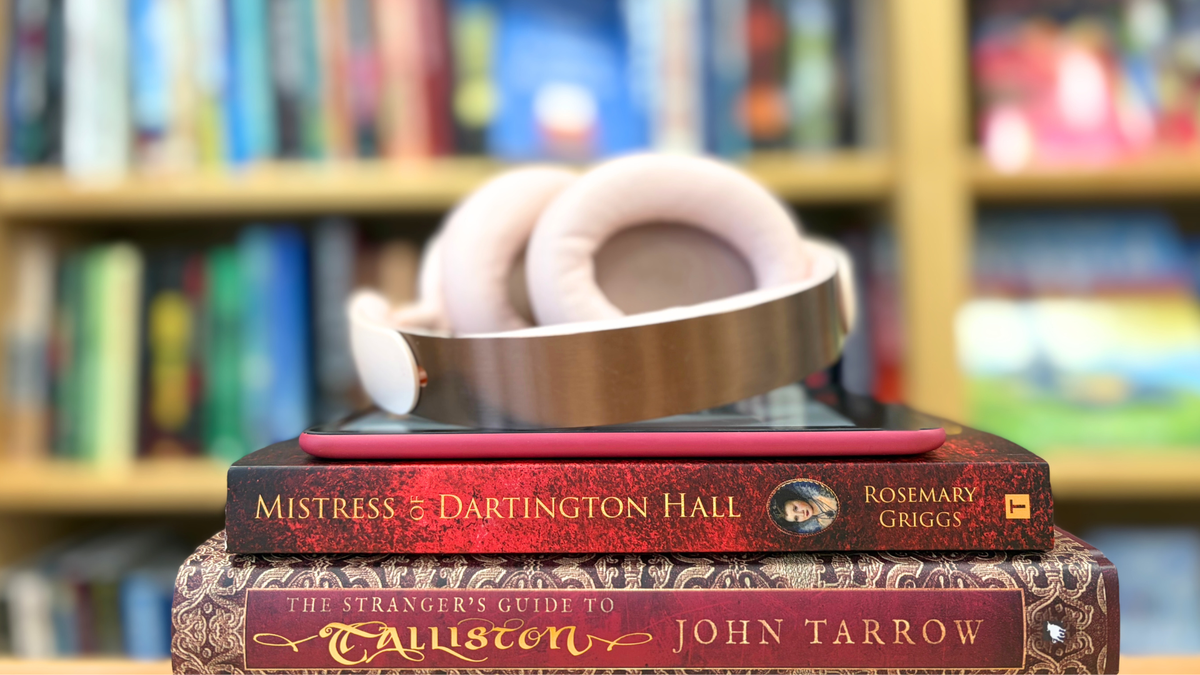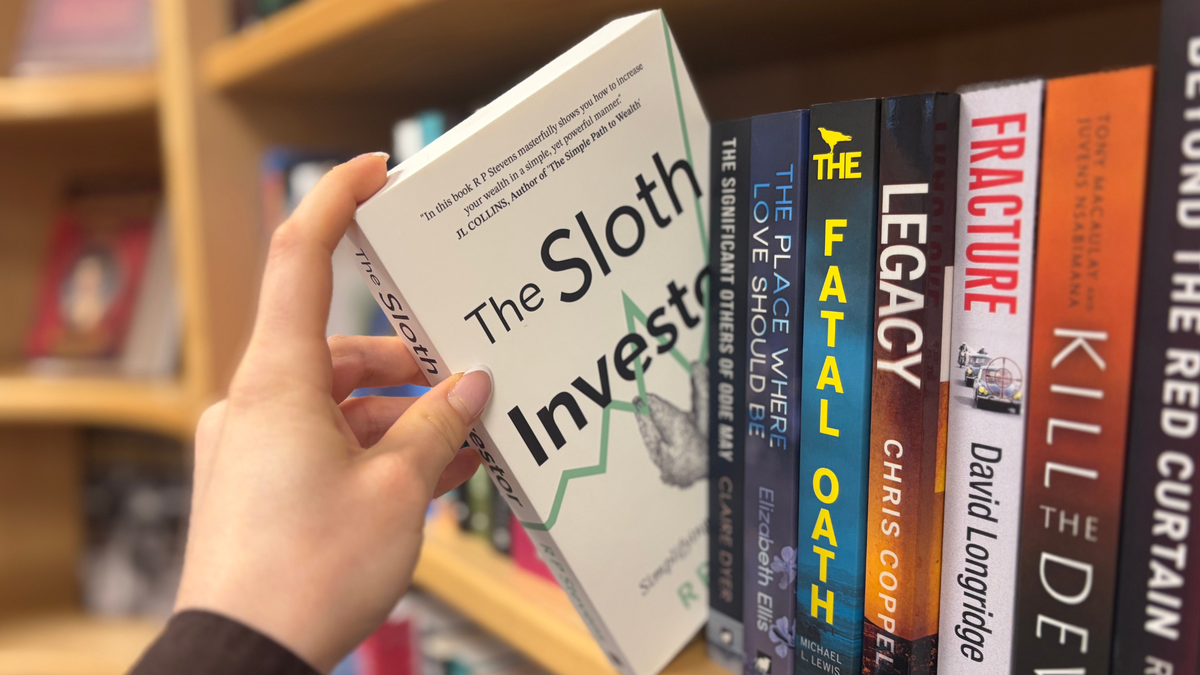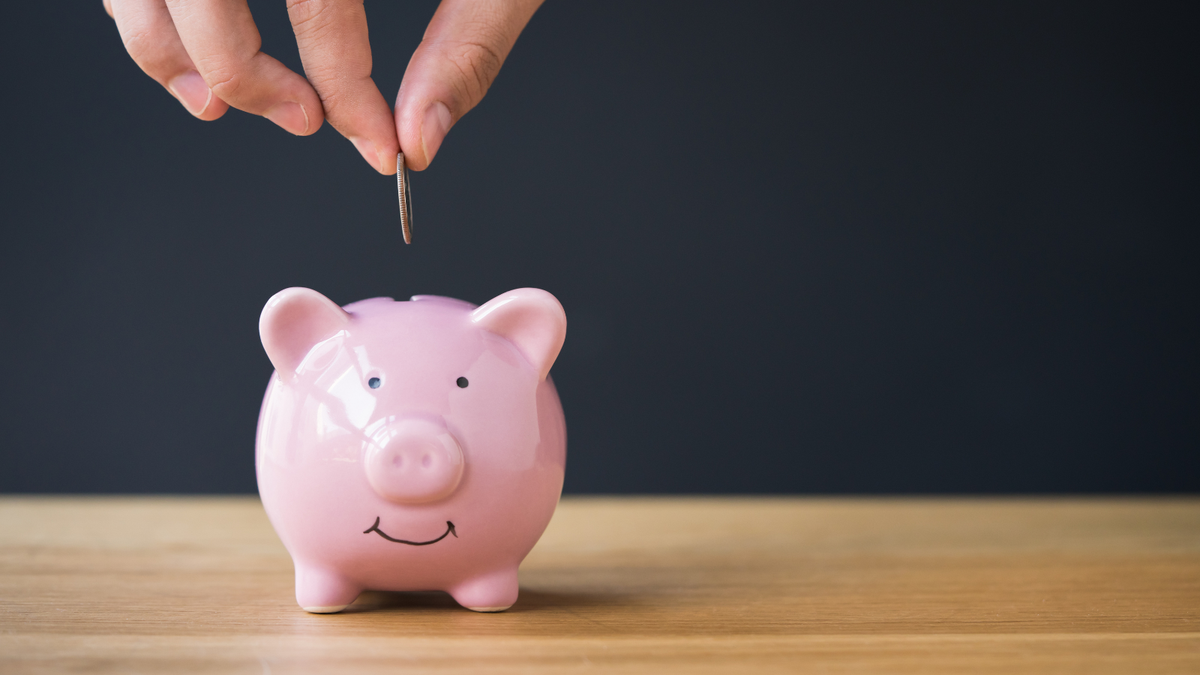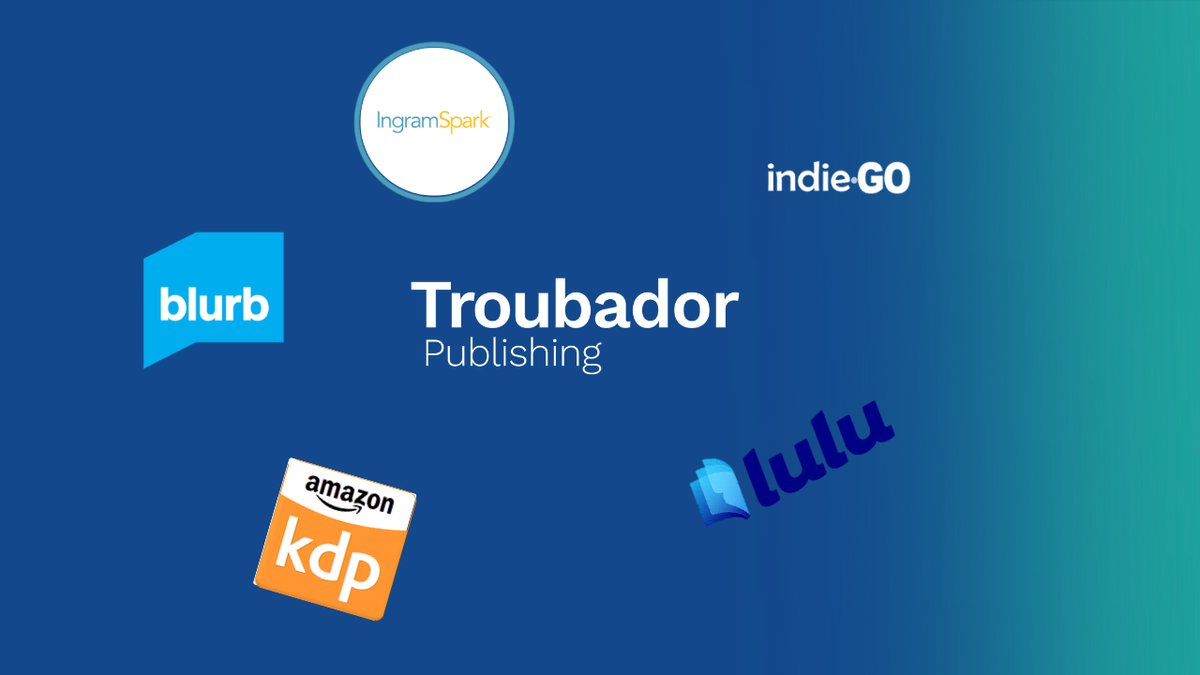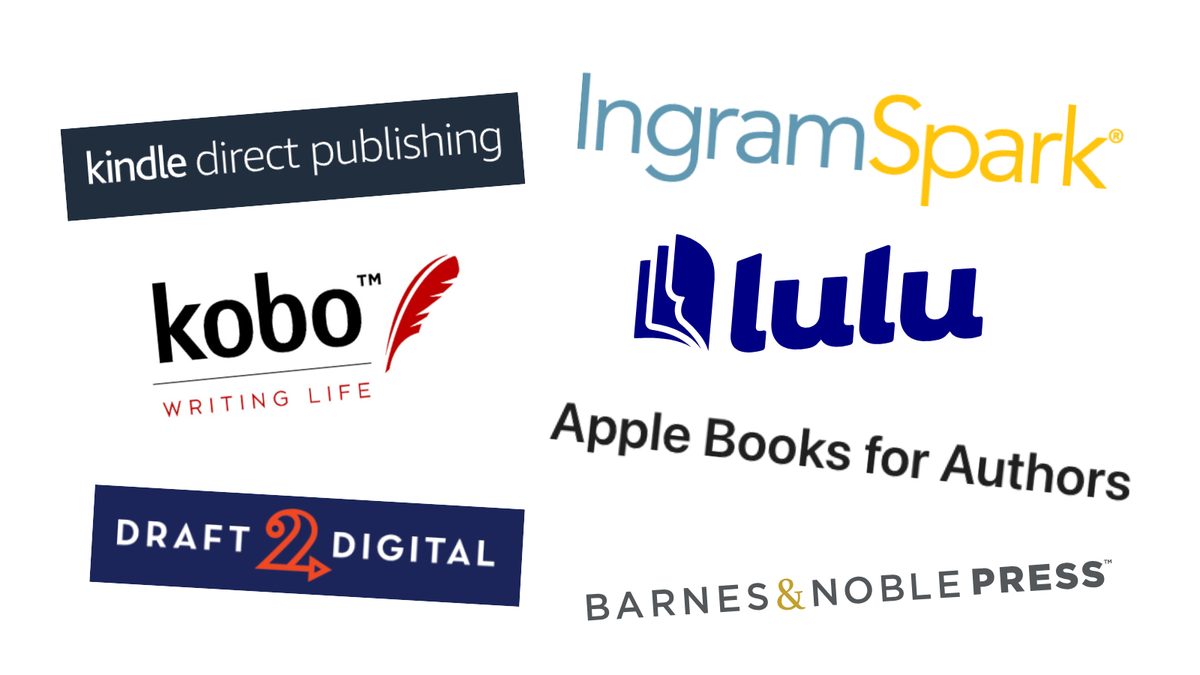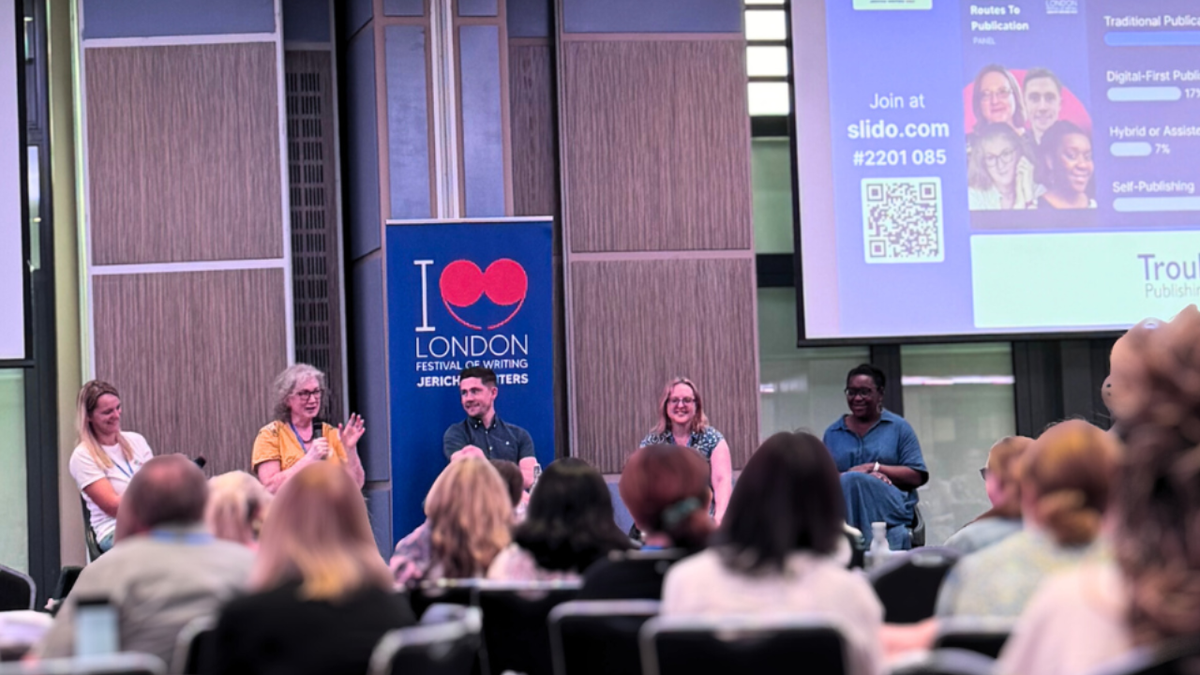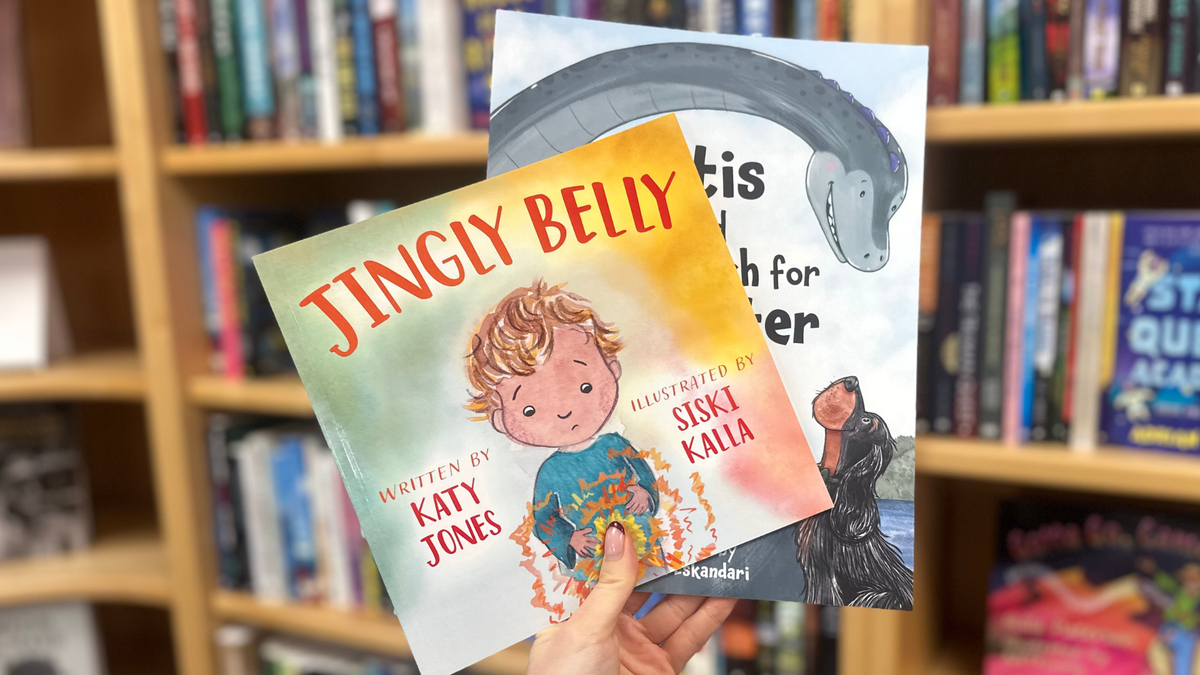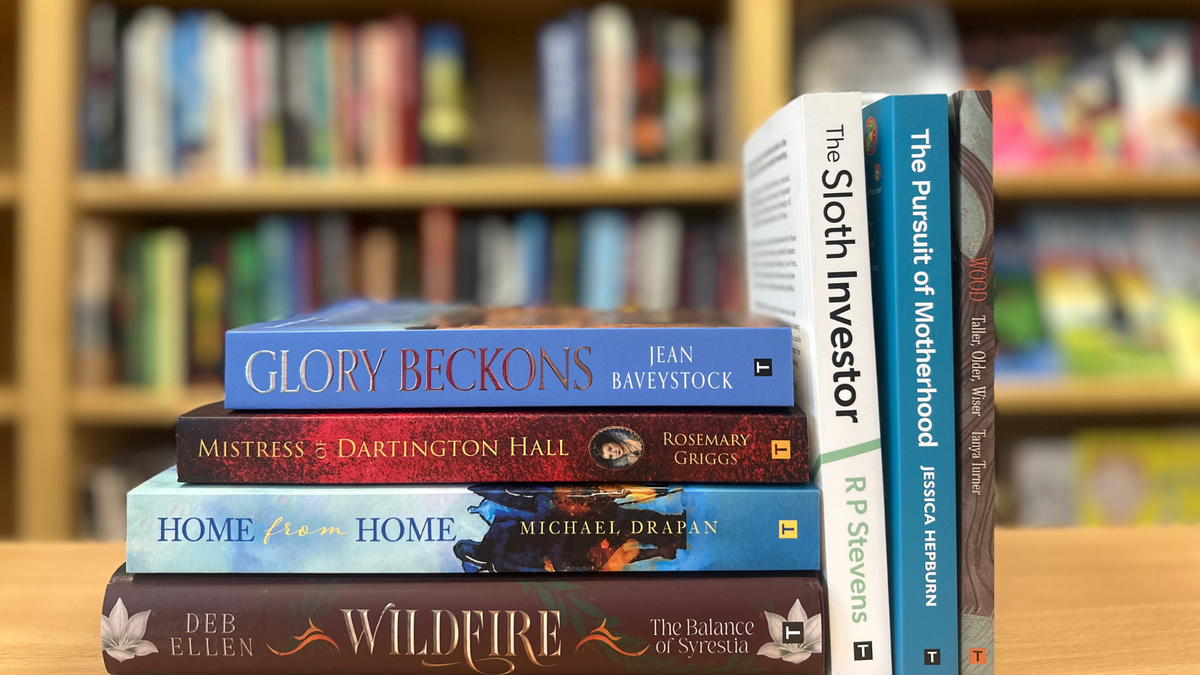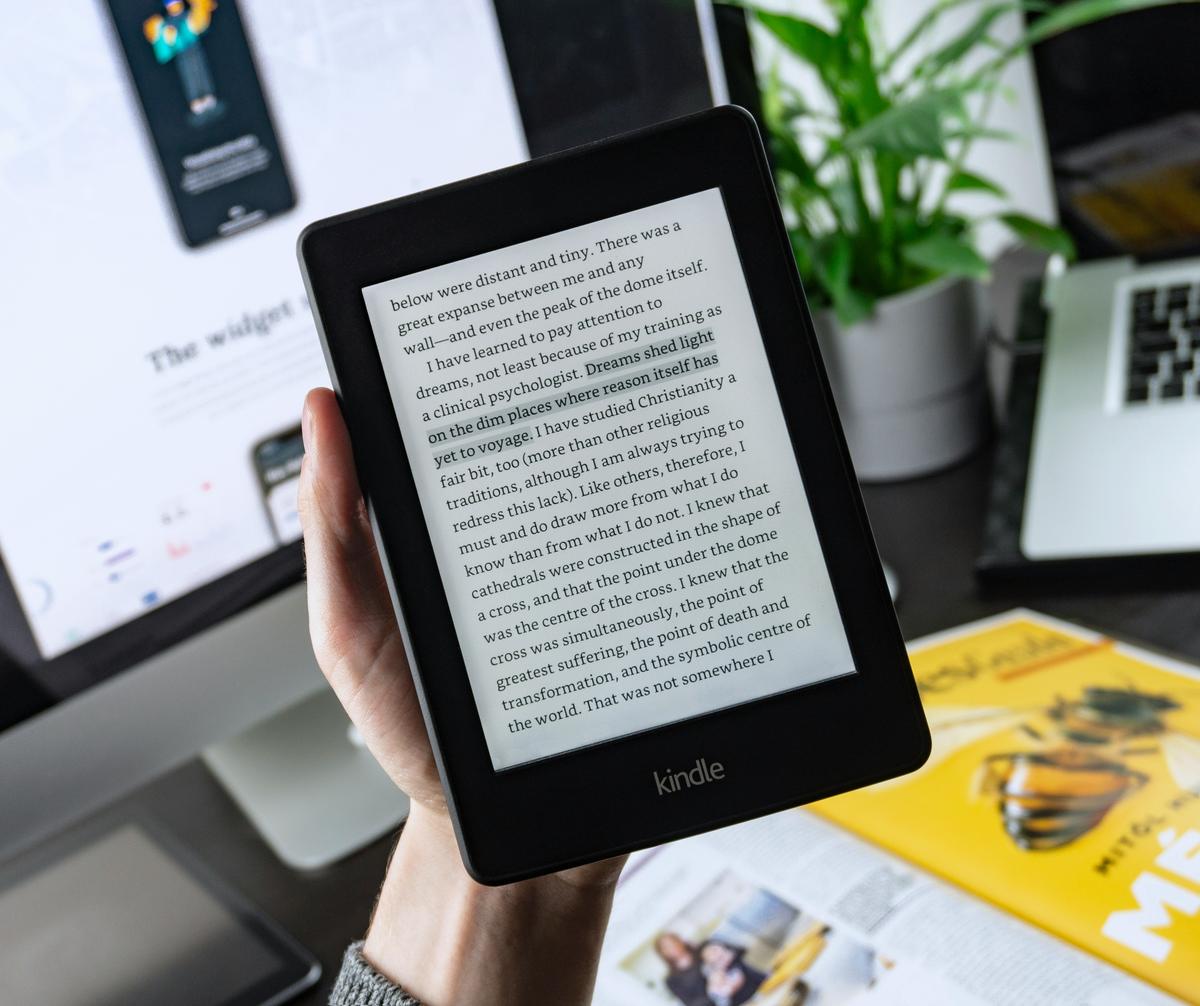
26th February, 2018
5 min read
Reviewing your Interview Techniques
Written by:
Troubador Publishing
Helen Best shares her tips for on-air success when giving your first live interview.
You’re a new author, your book has been published and a radio producer has shown an interest in your story and has asked you to visit their studio to take part in a live interview. If you’re like the majority of the authors I work with, you’ll be feeling apprehensive and probably a little overwhelmed by the thought of being heard by thousands of listeners.
My background is in radio presentation and news; yes that’s right, I used to spend my working day in front of a microphone... and I used to love it! Radio is fun, and the best part is that you don’t see any of those thousands that are tuned in listening to you and they can’t see you either (unless of course there’s a sneaky studio webcam!). So the best advice I can give you is to treat the interview as a casual one-to-one chat with a friend. You'll enjoy the experience and learn a lot from it for future media engagements.
Preparing Yourself
As soon as the interview has been confirmed, post a review copy of your book to the producer with a press release and author biography to ensure the presenter has time to look over it before interviewing you. Note that I say “look over it” – don’t expect the presenter to have read it from cover to cover, because they usually won’t have had time to. It’s also worth making it clear at this stage what (and what not) you feel comfortable talking about, just to save any awkward silences on-air.
Tune in to the radio station and programme that you’ll be interviewed on before your interview day to get a feel for the presenter’s interviewing style and the target audience you’ll be speaking to. You could ask the producer for information on the demographic and some potential questions that you might get asked. Write down and practice key messages in a series of bullet points; this includes the title of your book, any supporting websites and your author name too (it’s amazing what you can nervously forget whilst on-air, trust me!).
Be able to explain what your book is about in a few sentences; many authors cannot do this, so give it a go before the big day arrives. The day before your interview, confirm the date, time, place and anticipated length of the interview with the producer in charge, just in case there have been any last-minute changes to the schedule. Ensure you have their direct telephone number and that they have yours in case of emergency. Be sure to let your social networks know that you’ll be on-air so that they can tune in and offer you feedback; it’s also another good excuse to let everyone know that you’ve published a book!
Arriving at the Studio
On the day of the interview, allow plenty of time for the unexpected (traffic, parking space, bad weather, etc.). Most programmes will require you to arrive around 20 minutes before you are due to go on-air, to give you enough time to meet the producer, run through any concerns and grab a coffee or snack (remember to eat beforehand, otherwise a rumbling stomach could prove embarrassing when your microphone goes live!). Be ready to meet other interesting people in the green room – the room where guests wait before they enter the studio – so take your business cards and do some all-important networking.
When your time slot arrives, remember to switch your mobile telephone off before you enter the studio and remove anything else from your person that might be distracting for you or the presenter (for example, noisy jewellery!). A glass of water is always useful to keep at hand just in case you have a tickly throat or cough during the interview, so ask the producer if they can organise one for you.
The Interview
The most important thing is to relax and be yourself. Remember, you’re the expert on your book and you’ve already proved that what you have to say is interesting because you’ve been booked for a radio interview. Sit up straight, listen, talk slowly and smile! It might sound silly, but listeners can sense your emotion from your voice and if you’re not talking enthusiastically about your own book they may stop listening. Of course, your story may be emotional in other ways and, if the subject matter is sensitive, you will need to adjust your interview style accordingly.
Have a bullet point list in front of you so you have a clear direction of where the interview will go and the most important items you wish to discuss. Your interview will fly by and you don’t want to go home with regrets, saying “I wish I’d talked about that!” Assuming you have written a good book, nothing drives sales more than publicity...
The trick is to covertly refer to your book wherever possible; you don't want the interview to sound like one big advertisement, but you can discreetly refer to it when answering questions – a ‘soft sell’ as such. Perhaps quote a favourite character... or an important chapter. For example, “In my book, The Author, I provide ten tips for writing a book. We don’t have time to talk about all of these right now, but let me read you the first two...”
If your book is business-related in any way then be careful of using confusing jargon, as you need to get your message across clearly and in a relatively short space of time. If quoting statistics, have a summary of the facts in your notes, so you can easily and accurately quote them. Keep your answers brief and to the point as there is nothing worse than a rambling author who doesn’t let the presenter guide the interview. In radio, the term ‘sound bite’ refers to good, informative, snappy answers that convey a point clearly and succinctly. Toward the end of the interview, have your contact details in front of you to read out: website, Facebook, Twitter addresses and of course, those all important book details such as price and local stockists.
Follow-Up
Radio programmes can usually be accessed online for a short time after broadcast, so why not listen back and analyse your interview strengths and weaknesses? Be warned, it can take some time to get used to the sound of your own voice! Record a copy of the interview and ask the radio station if you can upload it to your website, which they will usually be fine with, as long as you post a full credit alongside. Most radio programmes these days have Facebook and Twitter pages, so ask the producer if a link to your website or Amazon page can be uploaded for listeners to find out more about you and your book. Finally, send the producer and presenter an email to say thank you, and volunteer yourself for future interviews. It’s always worth asking for their feedback too as we all have areas we can improve on and this will prepare you even more for interview number two. Good luck and most of all, enjoy!


